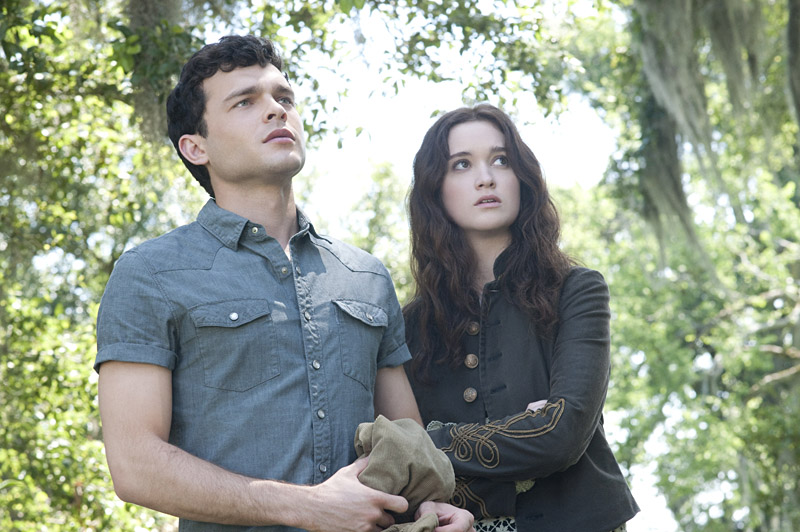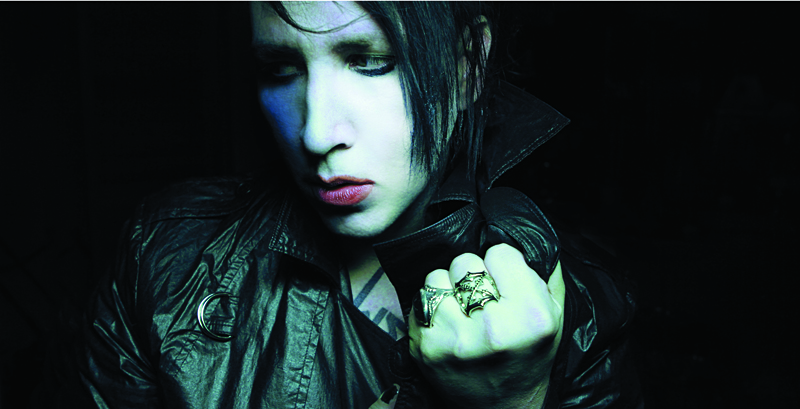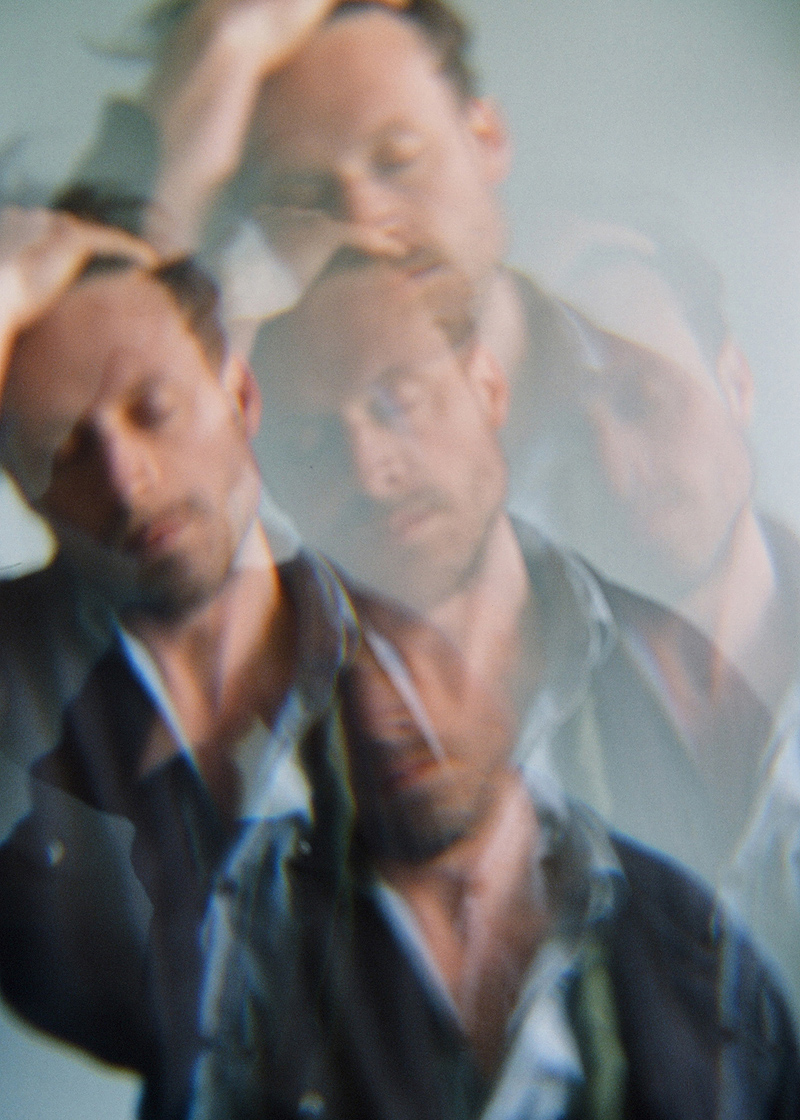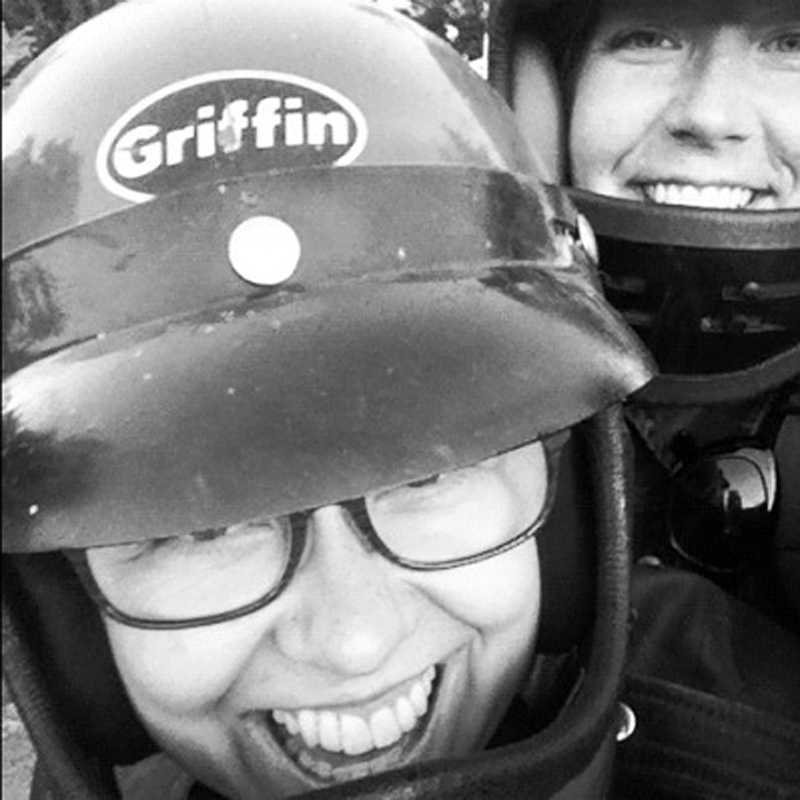The year was 1993, and indeed there was much more bou-ou-ounce. Ice Cube was comin’ with the half ounce. But much more than Cube’s “Bop Gun” and bong were bubbling in ’93, and c.1993 seemingly wants to recount it all. Under the guidance of director Bret Fetzer and using the drug overdose of River Phoenix as its sad springboard, the show includes many other tabloid figures from the early Clinton years.
In place of a traditional script, Fetzer and his large cast created the play—really more of a musical revue—from workshop recollections and suggestions concerning the early ’90s. The result is a non-linear series of news bulletins, interviews, AV clips, and especially songs that reanimate the era.
Among the fine ensemble, Phoenix and his My Own Private Idaho castmate, Keanu Reeves, are portrayed by actresses Danielle Daggerty and Emily Lockehart, respectively. Daggerty skillfully employs Phoenix’s mannerisms, like the constant brushing back of his hair and tendency to look away from his interviewer. The brash foil to Phoenix’s tender-hearted soul is none other than Courtney Love (the luminous Melinda Parks), who commands the stage in fierce red undies while powering through Hole’s “Violet.” Somehow Parks makes Love both vulnerable and tough, reclaiming a multidimensional woman from clownish caricature. Her performance alone is worth the price of admission.
But why c.1993, why now? The answer lies in a common thread that laces together sociology and pop culture. For Fetzer, at least, the early ’90s marked an important chapter in the battle of the sexes. Thus the fierce female rock tunes, ably sung by the cast, ranging from Liz Phair’s Exile in Guyville to Salt-n-Pepa’s Very Necessary to PJ Harvey’s Rid of Me. And onstage are wronged women including Lorena Bobbitt, Shannon Faulkner (she who tried to gain admittance to the all-male Citadel military academy), and, especially, Ms. Love.
If the show has a point, it’s the differing media portrayals of Phoenix, the ’90s martyr who died young and pretty, and Love, who survived the decade and its scandals—only to endure more scorn and ridicule. Had she fatally OD’d and he aged into a fat, pathetic loser on Celebrity Rehab, think how different their reputations might now be. Sexism and gender inequality are old news, of course, in 1993 or 2011, but c.1993 suggests how pop mythology favors the dead, not the living.








